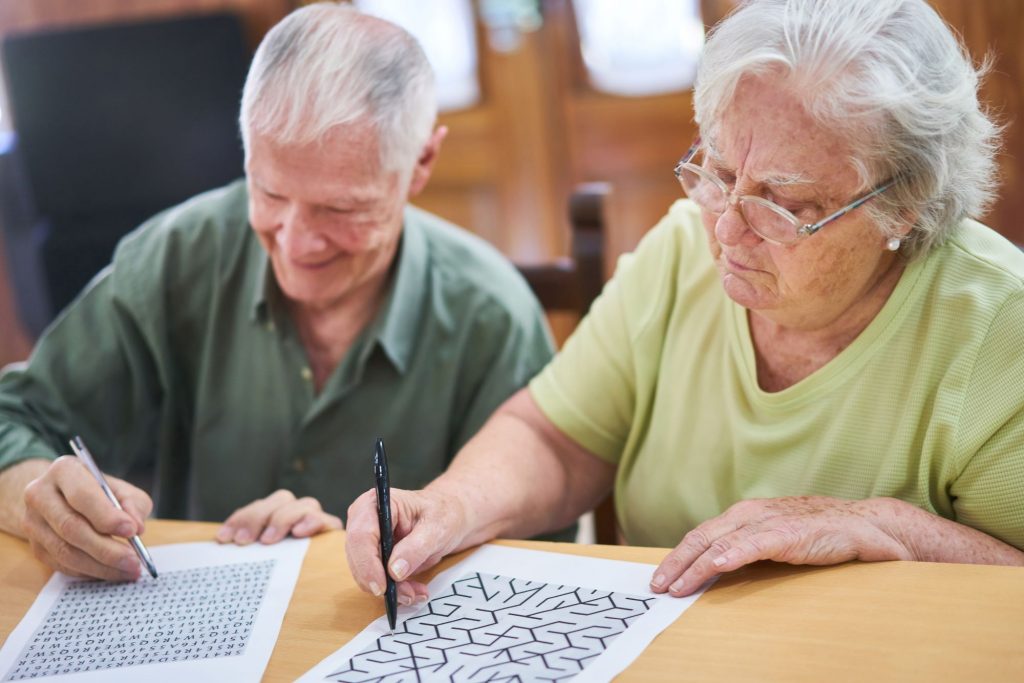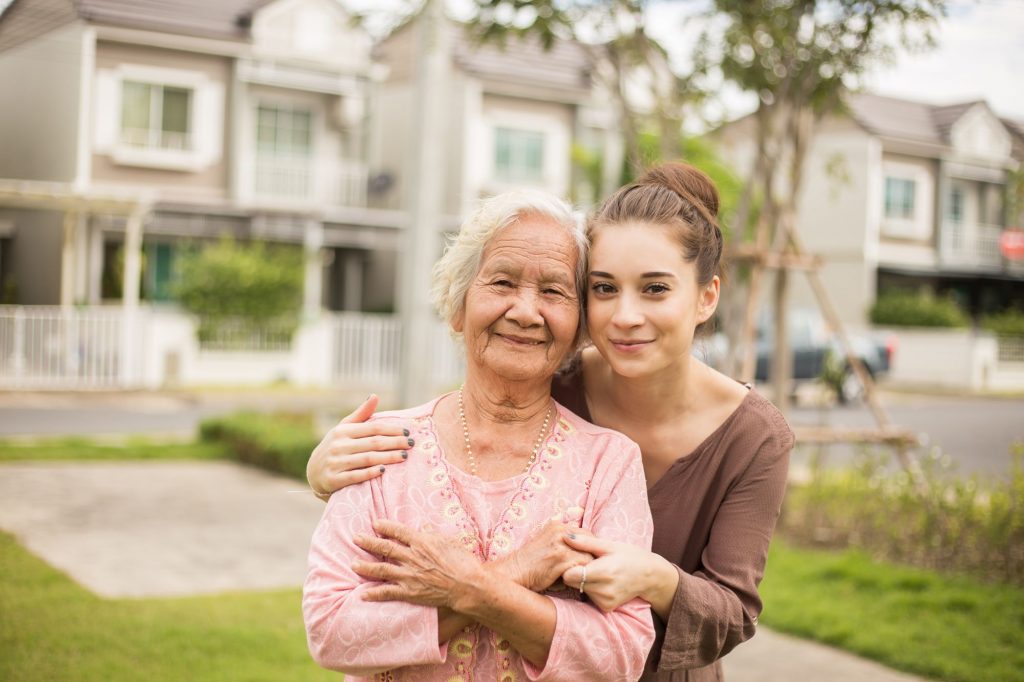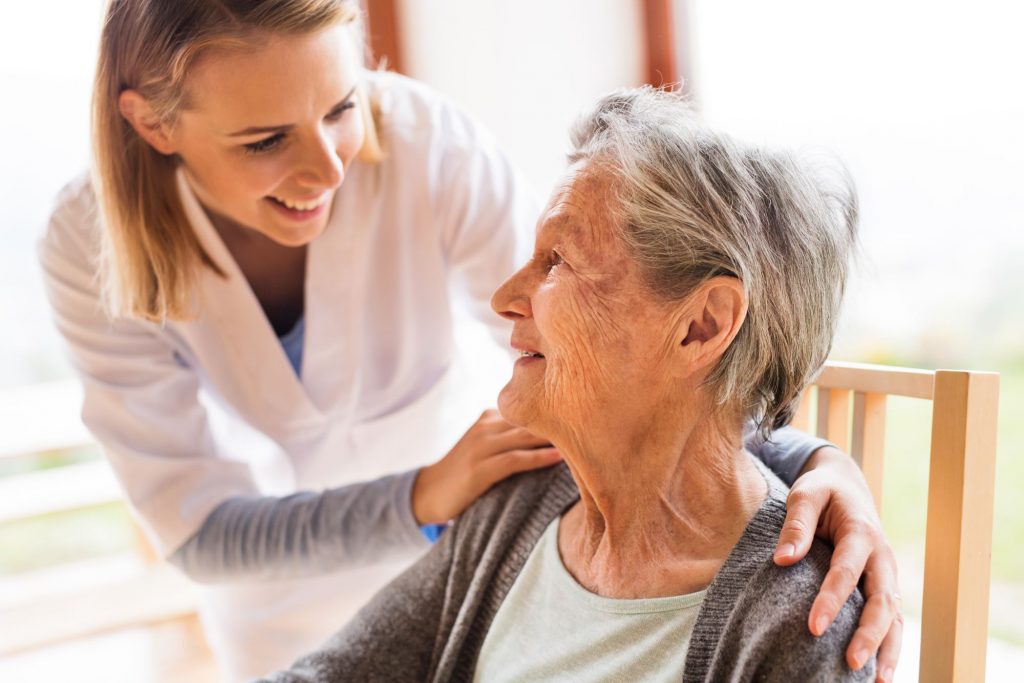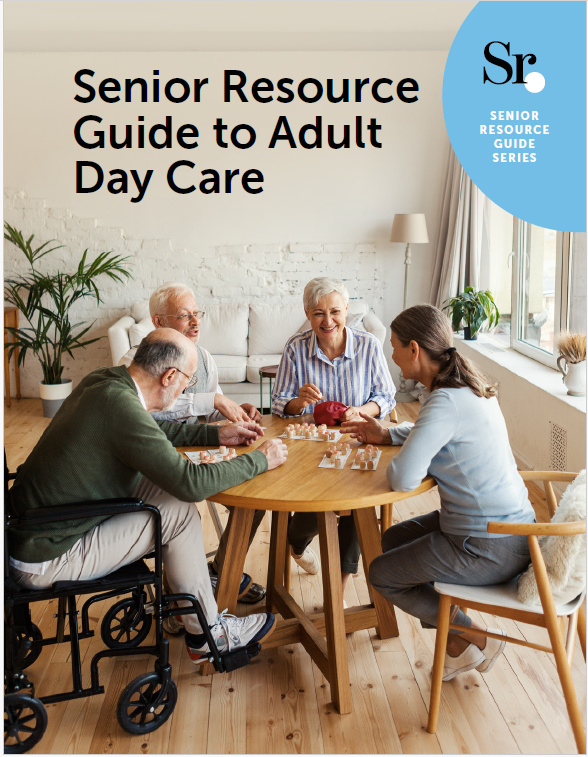Home Care and Home Health Care for Seniors

Needs change with age. This is a natural part of life, and it's something that can bring about new challenges, but also new opportunities for growth and learning. For seniors who are aging in place, navigating this new phase of life can be made significantly easier with the right support system. And that's where home care comes in - a comprehensive solution designed to cater to the unique needs of seniors living independently.
Home care includes a broad spectrum of services and supports, all with one primary objective: to facilitate ways for you to maintain your independence, ensure your safety, and enable you to stay in the comfort of your own home for a longer period. It's about providing you with the assistance you need, when you need it, without compromising on your autonomy or personal space.
Whether it's help with day-to-day tasks, medical management, or simply someone to share a cup of tea and a chat with, home care services are as diverse as the individuals they serve. They're not just about meeting physical needs, but also about addressing emotional and social aspects of senior living, fostering a sense of community and connection even within the confines of your own home.
So, if you're a senior looking to make the most of your golden years, remember: you're not alone. There's a world of support available to you, tailored to fit your lifestyle and preferences. With home care, you can continue to live life on your terms, enjoying your independence, staying safe, and remaining in the comfort of your own home for as long as possible.
Who is a Caregiver?

A caregiver can be anyone who regularly looks after and provides assistance to a person who is sick, elderly, or disabled. In regard to senior home care, there are generally two main categories that caregivers fall into: family and professional.
A family caregiver can be a spouse, relative, friend, or neighbor. Around 53 million adults in the US provide care or assistance to family members.
A professional caregiver is a person whose career is based on providing assistance, care, or support. Professionals, for example, can be nurses, physical therapists, personal care assistants, and many more.
Senior Home Care Vs. Home Health Care

Though often used interchangeably, there is a difference. Home care is often used as a blanket term to mean any service that can be obtained and used in the comfort of your own residence. However, formally, home care refers to only non-medical care. This includes things like personal care assistance or companionship. Home health care refers to professional medical assistance at home like physical therapy or skilled nursing.
Types of Care
There is a variety of care choices for seniors who are aging in place. Here are some of the most common types:
Personal Care Services/Home Care Aides
A home care aide or other professional provides in-home custodial care such as help with activities of daily living (ADL) like bathing, eating, and grooming. They will often assist with mobility, meal preparation, and even social and cognitive activities. A home care aide can be a personal care assistant (PCA) or a companion as well.
Nursing Services/Home Health Aides
A home health aide or home health care service consists of licensed medical professionals. Certified nursing assistants (CNA), physical therapists (PT), and occupational therapists (OT) are among the most common. Home health care can include a variety of practices, including rehabilitation, vital sign monitoring, and medication administration. Those with chronic conditions or ongoing health concerns benefit the most from these services.
Physical Therapy
A physical therapist can visit your home to provide rehabilitation services and treatments. At home, a PT can help you strengthen your muscles and increase mobility.
Occupational Therapy
An occupational therapist can visit your home to teach exercises and rehab techniques that make ADLs and other activities easier. An OT can help seniors improve their motor skills and strength.
Meal Services
Services can include ready-made, home-delivered meals or meal-prep assistance from a PCA or home care aide.
Household Maintenance/Cleaning Services
These are businesses that will perform general cleaning or maintenance tasks for a fee.
Companionship
Senior companionship is a broad term used to describe friendship, support, and assistance from either a service or a loved one. Companions can help with housework and running errands, as well as preparing meals. Companions also often foster hobbies and interests for seniors.
Hospice
Hospice care is medical support for those who are nearing the end of life. Patients whose life expectancy is 6 months or less begin treatment that is focused on comfort and symptom management. Care is provided with a goal of quality over quantity.
Community Care

Transportation
Senior transportation services make getting around town a little easier. Many community services will take you to doctor visits, the pharmacy, and even the grocery store.
The Eldercare Locator can help you find senior transportation near you.
Adult Day Services
Adult day services are programs that provide care and companionship for seniors or adults with disabilities. Services will usually provide supervision, social activities, and meals. Some, like adult day health services, may provide medical care as well.
Home Care Costs

Although the cost of your home care or home health care will greatly depend on several factors, including your location, the national average is around $169 per day. Other determinants will include:
- Type of care needed (as well as how many types of care are needed)
- Time of day (overnight or weekends are typically more costly)
- Live-in options
- Frequency of care visits
When to Choose Home Care

Everyone is different and everyone lives under different circumstances. However, here are a few factors for seniors and their families to look out for:
- Everyday tasks have become more difficult (cooking, cleaning, laundry, etc.)
- Forgetfulness
- Loneliness
- Good hygiene is becoming harder to maintain
- Frequent falls
- Decline in mobility
- Weakened motor skills
Choosing Home Care

Choosing home care that is right for you is an important part of the aging-in-place process. To ensure you’re getting the absolute best care possible, make sure to know your options and your rights.
Medicare Home Health Patient Rights
National Association for Home Care & Hospice
Eldercare Locator - Elder Rights
Read More About Home Care
Listen to Podcasts About Home Care
Find Home Care Near Me:
- Alabama
- Alaska
- Arizona
- Arkansas
- California
- Colorado
- Connecticut
- Delaware
- District of Columbia
- Florida
- Georgia
- Guam
- Hawaii
- Idaho
- Illinois
- Indiana
- Iowa
- Kansas
- Kentucky
- Louisiana
- Maine
- Maryland
- Massachusetts
- Michigan
- Minnesota
- Mississippi
- Missouri
- Montana
- Nebraska
- Nevada
- New Hampshire
- New Jersey
- New Mexico
- New York
- North Carolina
- North Dakota
- Ohio
- Oklahoma
- Oregon
- Pennsylvania
- Puerto Rico
- Rhode Island
- South Carolina
- South Dakota
- Tennessee
- Texas
- Utah
- Vermont
- Virgin Islands
- Virginia
- Washington
- West Virginia
- Wisconsin
- Wyoming








